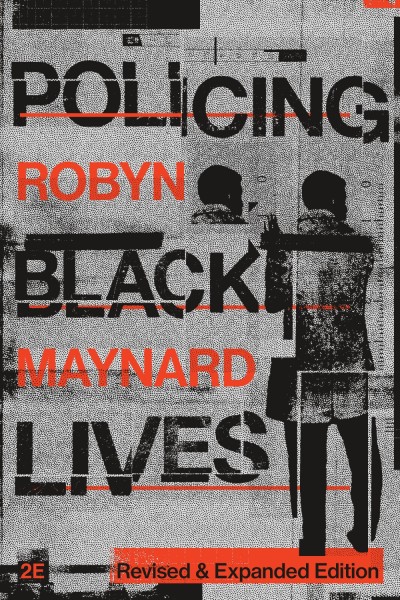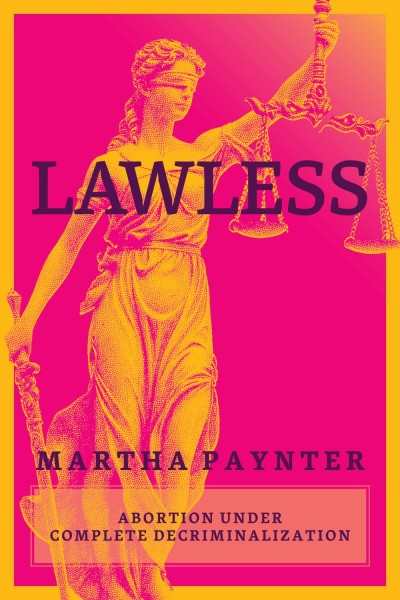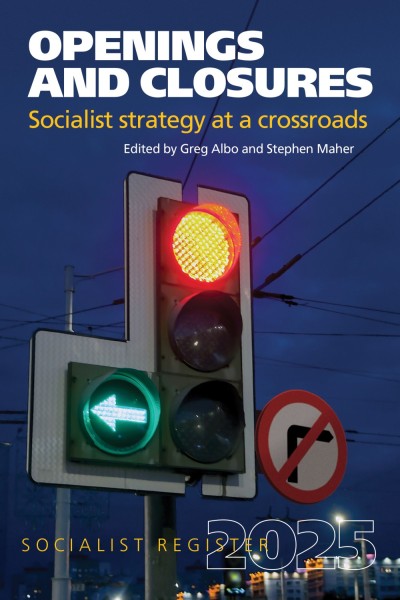
Anti-Terrorism
Security and Insecurity after 9/11
This edited collection critically analyzes the concept of “terrorism,” the Canadian and American government responses to terrorist activity since the events of 9/11 and the problem of government policies infringing on basic human rights and freedoms. The authors direct their attention to various topics including the relationship between the capitalist economic system and the war on terror, the legality and efficacy of of the Anti-Terrorism Act and the USA PATRIOT Act, and the insecurities created by the new security regime. The intensification of public surveillance is shown to undermine democratic values and accentuate state coercion, and tightened border controls are revealed to be thinly veiled discrimination against particular racial, ethnic and religious groups. The conclusion of this book highlights the need for an informed public debate about security and for society to question and re-examine the need for enhanced security measures, particularly when such processes counter democratic values. Suggestions for both long-term and short-term policy changes are put forward.
About the book
This edited collection critically analyzes the concept of “terrorism,” the Canadian and American government responses to terrorist activity since the events of 9/11 and the problem of government policies infringing on basic human rights and freedoms. The authors direct their attention to various topics including the relationship between the capitalist economic system and the war on terror, the legality and efficacy of of the Anti-Terrorism Act and the USA PATRIOT Act, and the insecurities created by the new security regime. The intensification of public surveillance is shown to undermine democratic values and accentuate state coercion, and tightened border controls are revealed to be thinly veiled discrimination against particular racial, ethnic and religious groups. The conclusion of this book highlights the need for an informed public debate about security and for society to question and re-examine the need for enhanced security measures, particularly when such processes counter democratic values. Suggestions for both long-term and short-term policy changes are put forward.
Contents
- Security, Insecurity and Human Rights: Contextualizing Post-9/11 (Alexandra Dobrowloski, Sandra Rollings-Magnusson and Marc Doucet)
- Part 1 - Terrorism and Security
- Globalization and State Terrorism (Gary Teeple)
- New Rules for a New Game: The Challenge of Preserving Human Dignity in a Shadow War (Christine Yalda and Jonathon White)
- Part 2 - The New Security Regime
- Buying Security with Freedom (Sandra Rollings-Magnusson)
- Are Human Rights Jeopardized in 21st Century Canada? An Examination of Immigration Policies Post 9/11 (Lori Wilkinson)
- Securitizing Citizenship: Identity Cards, Secure Passports and Border
- Surveillance in Canada (Kevin Walby and Sean P. Hier)
- Public Opinion about Surveillance in Post 9/11 Alberta: Trading Privacy for Security? (Kevin Haggerty and Amber Gazso)
- From Caring to Uncaring? Coercive Tendencies in Social Service Work (Greg McElligott)
- The USA PATRIOT Act and the Future of U.S. Social Movements (Patrice LeClerc and Kenneth Gould)
- Security, Human rights and Social Justice: Where do We go From Here? (Sandra Rollings-Magnusson)


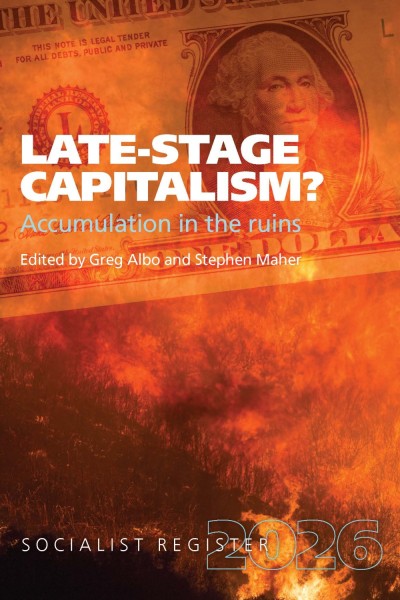
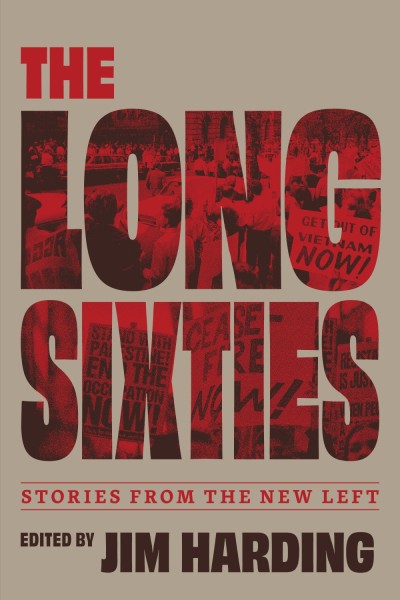
_cover-FINAL_400_600_90_s.jpg)
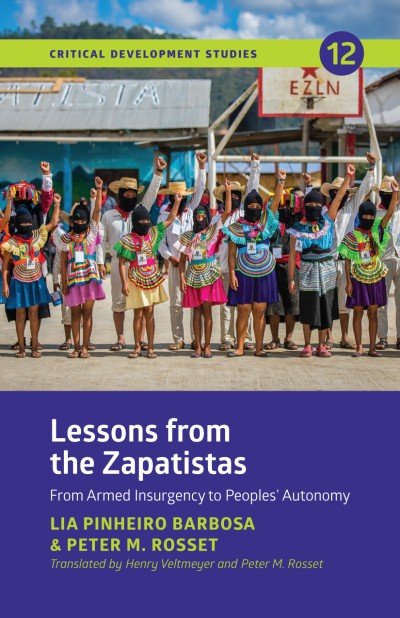
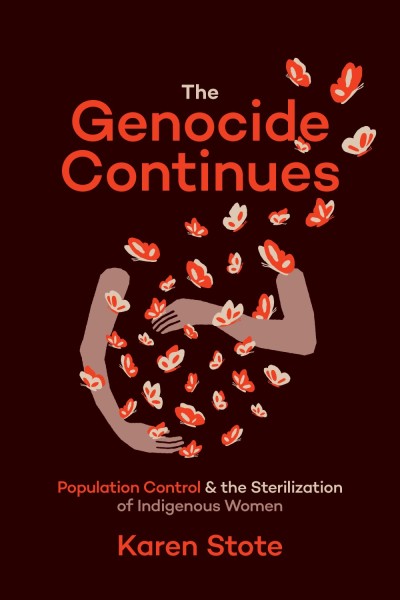
_cover-FINAL_400_600_90_s.jpg)
_cover-FINAL_400_600_90_s.jpg)
